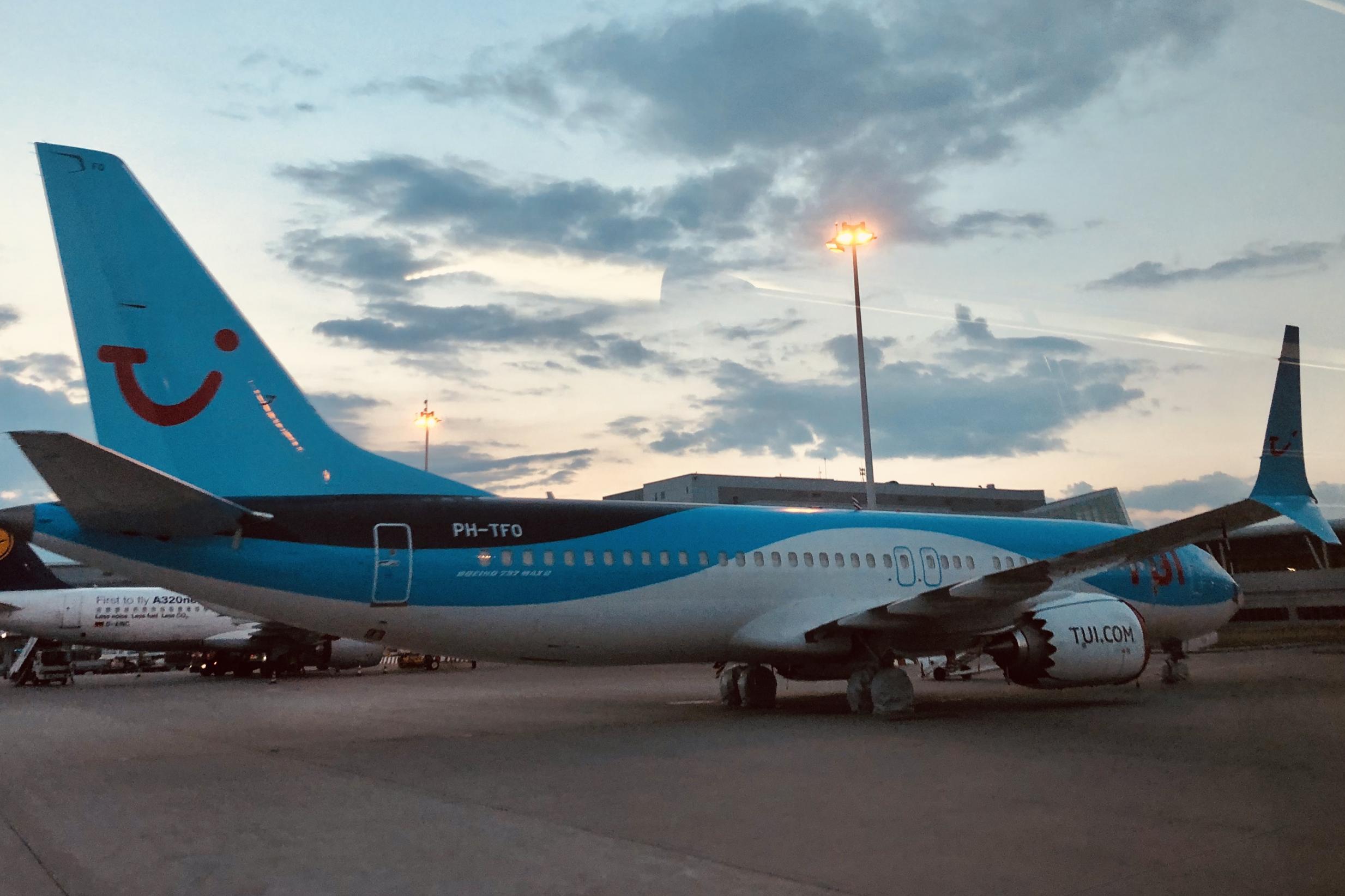Tui hit by 737 Max grounding and Brexit worries
Profits for the full year are expected to fall by one-quarter

The worldwide grounding of the Boeing 737 Max, following two tragedies that claimed a total of 346 lives, is set to cost Europe’s biggest holiday company up to £278m between March and September.
Tui’s third-quarter results, covering the three months from April to June, warn that full-year profits will fall by around one-quarter from last year's figure of €1,177m (£1,092m today).
The firm said: “We anticipate 737 Max-related costs of approximately up to €300m [£278m] for the current financial year.”
Boeing is currently overhauling the anti-stall system known as MCAS, which was blamed for the Lion Air crash in Indonesia in October 2018 and the Ethiopian Airlines accident shortly after take-off from Addis Ababa.
“Resumption of the 737 Max remains subject to the clearance decision of the civil aviation authorities and we have secured replacement aircraft leases out to the end of our summer 2019 programme,” said Tui.
The company also warned: “Markets and airlines continued to see a weak demand environment leading to a later booking behaviour by our customers, reflecting the ongoing knock-on impact of the summer 2018 heatwave and Brexit uncertainty.
“Pricing remains behind cost inflation, therefore we continue to anticipate margins to be lower than the prior year.”
Tui says holidaymakers are moving from Spain and Portugal to Greece and Turkey: “Whilst Riu saw lower demand in Spain resulting from the continued shift of demand from western to eastern Mediterranean, our Turkish hotels saw a significant year on year earnings improvement as a result of this demand shift.”
In contrast with the woes at its nearest rival, Thomas Cook, the firm says: “Tui is in a robust financial position, with a considerable level of financing and liquidity headroom.”
Join our commenting forum
Join thought-provoking conversations, follow other Independent readers and see their replies
Comments
Bookmark popover
Removed from bookmarks